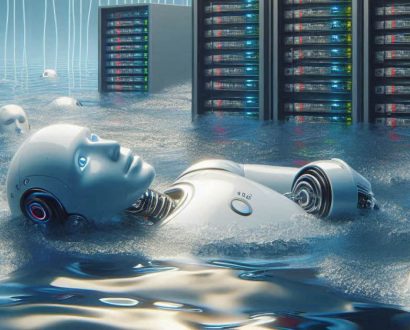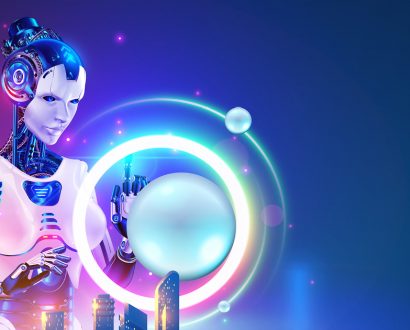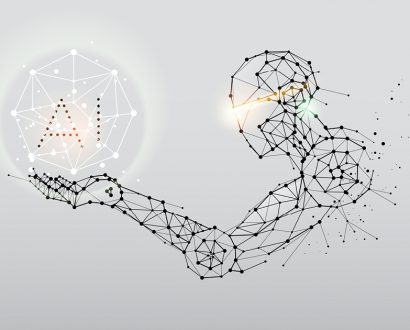Over the past few decades we’ve witnessed an increasing number of computers beating humans at activities we thought (or perhaps hoped) we would always have the upper hand in. It all started in 1997, when IBM’s Deep Blue beat chess world champion, Garry Kasparov, in match play.
By the mid-2000s, AI was consistently beating chess grandmasters in almost every game-playing context. Naturally, AI developers moved on to more complex games to test increasingly sophisticated algorithms, and in 2016-17 we saw computers beating humans in a variety of games – from the ancient game of ‘Go’ to Texas Hold-Em Poker.
Whilst it is impressive to see these technologies in action against gamemasters, the goal has never been to make a great chess or Go-playing program. The ultimate objective is to advance AI by building smarter machines that can learn, adapt, and think for themselves.
Then and now – the rise of smart machines
As machines are getting smarter, they are being given more complicated jobs – jobs that were once strictly the domain of humans. Computers are learning to drive vehicles, read medical test results and make treatment recommendations, write news articles, and manufacture goods.
However, we need to remember that technology like AI and Machine Learning (ML) are only as smart as the data being looking at. Where these systems can truly start to evolve is through continuous feedback and corrections.
This is why organisations need to look at whether they have a data strategy, data literacy strategy and a culture of data trust in place, before they can start employing techniques to help assist users to be more effective in their jobs. Data literacy is a skill I’m particularly passionate about that can help us better understand the information being produced by machines and enable us to act on it.
The real benefit of AI requires humans
In many fields, AI will provide a fantastic opportunity for workers to reduce the time they spend on mundane tasks, i.e. data entry or filing, allowing them to free up time for thinking creatively, or to focus on more strategic activities that deliver higher value to an organisation and to an individual’s self-worth.
In my field, Data Analytics and Business Intelligence (BI), for example, we are already seeing how a cognitive engine can be used for routine data analysis and recommending visualisations. It’s the kind of field that seems perfect for AI – virtual mountains of data at the disposal of AI programs to learn from, analyse and find the most reliable algorithms to make recommendations. What we’re increasingly seeing is that when humans work with AI, it provides even better opportunities to amplify our brainpower with machine intelligence for faster, smarter and bolder discoveries.
So, what can each of us do to future-proof our roles and the wellbeing of our teams? Focus on your strengths. Humans have the ability to problem-solve in an interdisciplinary style – something that most AI doesn’t do well. We’re naturally flexible and can do different types of work and think in creative ways. Rather than trying to beat machines at their own games, the better move is to merge our strengths with AI. A partnership, rather than “us vs. them” scenario.
Machines will bring their speed and processing power to the table as we use our creativity and non-linear thinking – together we can solve the business problems of today and tomorrow.







